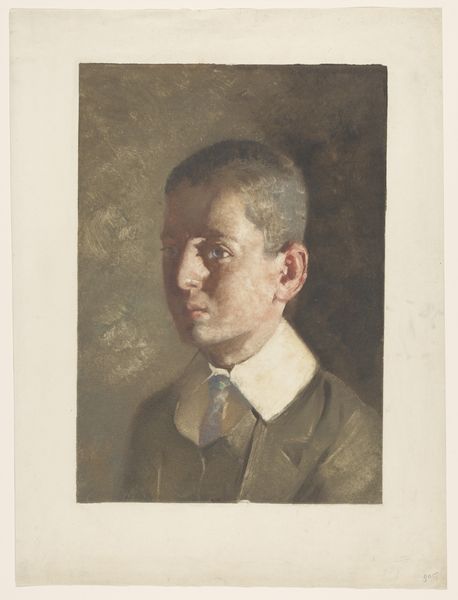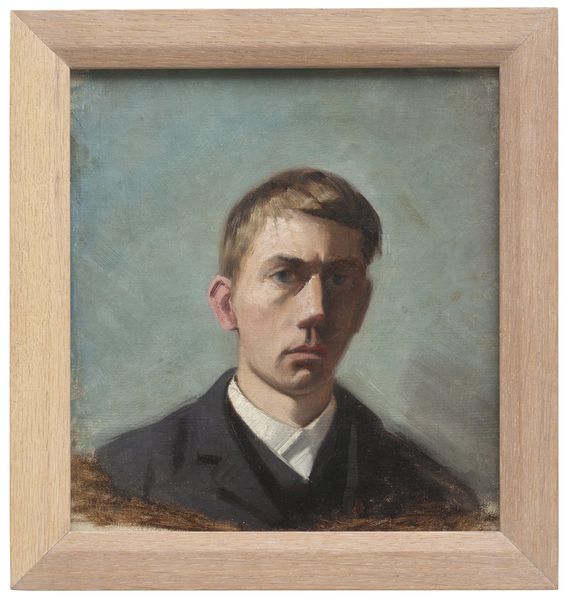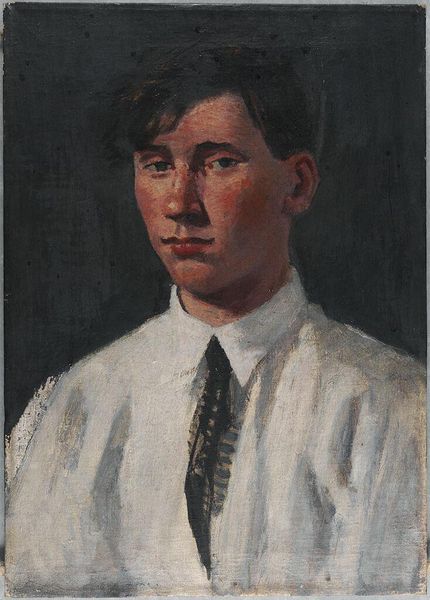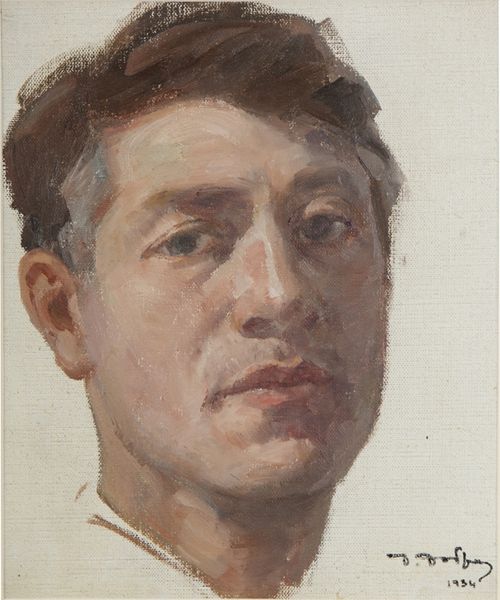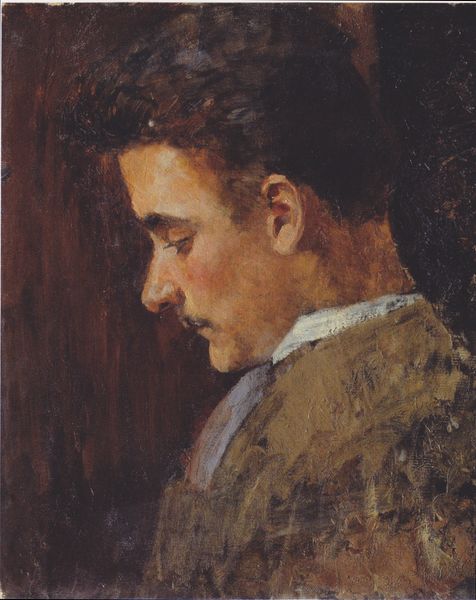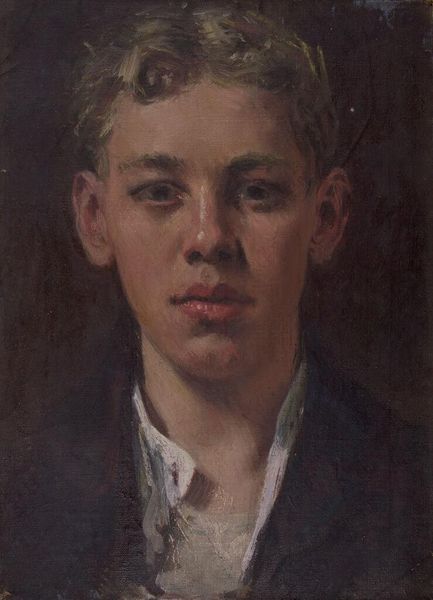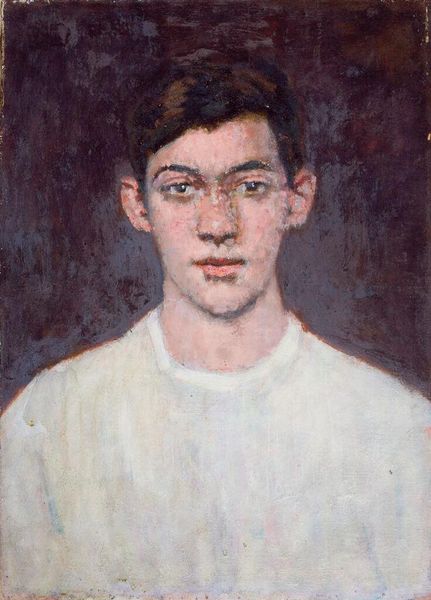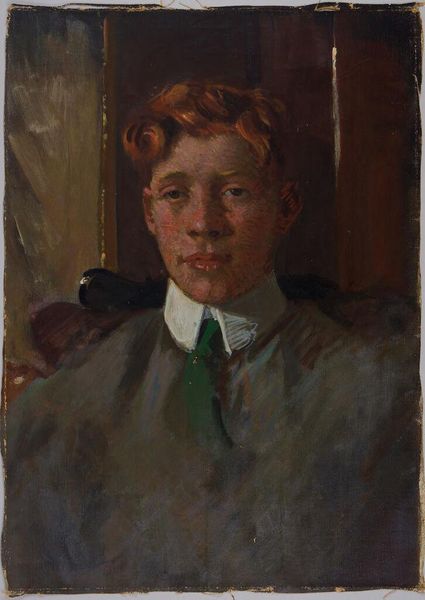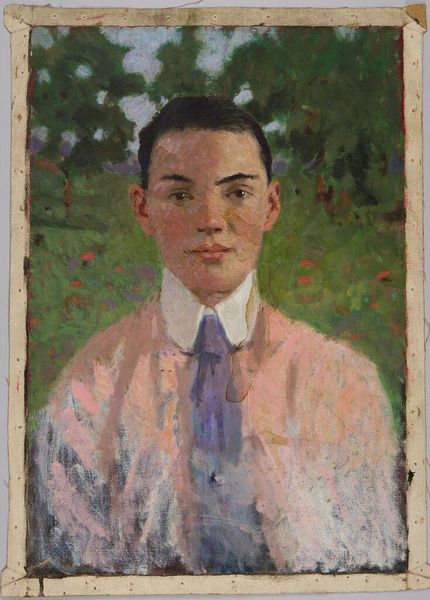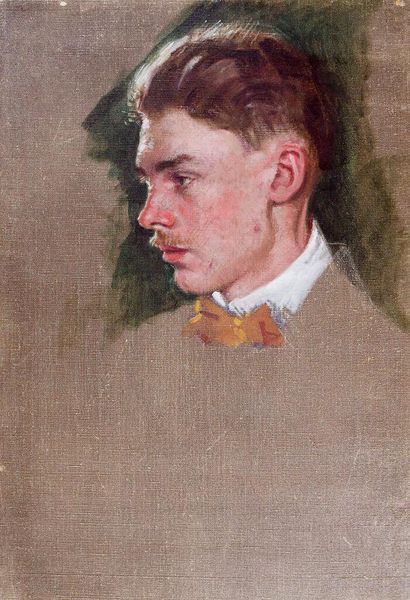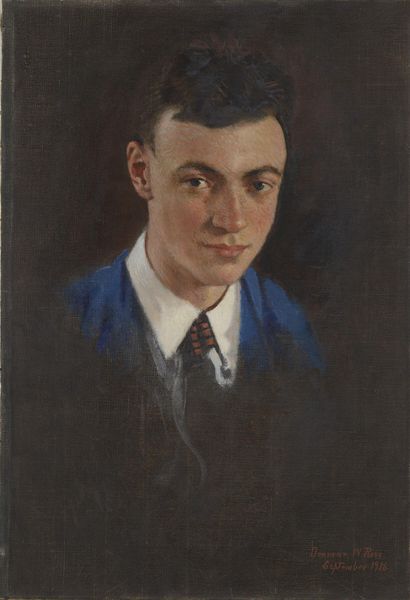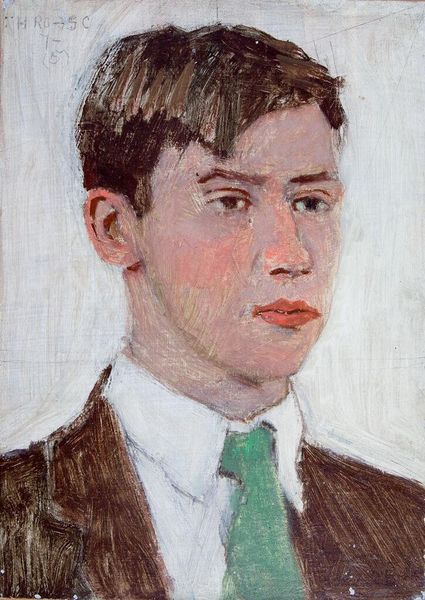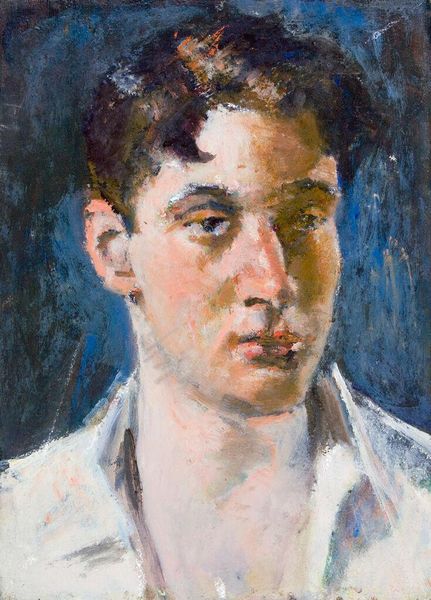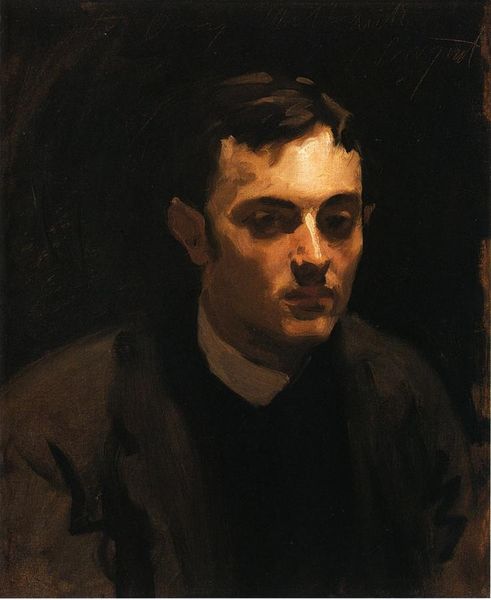
drawing, pencil
#
portrait
#
drawing
#
figuration
#
intimism
#
pencil
#
portrait drawing
#
academic-art
#
portrait art
Dimensions: support: 9.53 × 7.3 cm (3 3/4 × 2 7/8 in.)
Copyright: National Gallery of Art: CC0 1.0
Editor: Here we have Beryl Ireland's drawing, "The Student," from the early 20th century. It's a small pencil portrait with a gentle, almost wistful mood. How do you interpret this work, especially considering the title? Curator: "The Student" resonates deeply when viewed through the lens of access and representation in education. Consider the historical context. Early 20th century, who had the privilege of pursuing education? Who was traditionally excluded? This portrait, then, becomes a subtle statement. Editor: A statement about... who *is* the student in this portrait? Curator: Exactly. We have to ask: what is the gender, race, and class of this student, and how did that shape the possibilities, expectations, and burdens placed upon them? Does this quiet, almost melancholy expression hint at those societal pressures? Are they carrying the hopes and dreams of an entire community on their shoulders? Editor: That hadn't occurred to me. I was just focusing on the aesthetic qualities, the soft lighting and the artist's technique. Curator: And that's valid! But we can deepen our understanding by acknowledging how power dynamics and historical realities are always intertwined, even in seemingly simple portraiture. The choice of medium, pencil, adds another layer, suggesting perhaps the financial constraints, what materials are available and easily accesible to this student. Editor: I see your point. It's not just a likeness; it's a social document. Curator: Precisely. And by questioning whose stories get told, whose faces get immortalized, we challenge the canon and create a more inclusive narrative of art history. Editor: I'll definitely look at portraits differently now. It's made me think a lot about representation and access. Curator: And that, ultimately, is the power of art - to spark critical thinking and dialogue.
Comments
No comments
Be the first to comment and join the conversation on the ultimate creative platform.
